Real estate investing has always been something that interested me. I guess I like the idea of owning a tangible asset that I can see and touch, and that can generate a positive cash flow into my coffers each month. I’ve had visions of owning a slew of properties, my own little real estate empire. After having spent my career as a CPA feeling somewhat trapped behind a desk, I suppose the idea of getting out and evaluating properties held some appeal. Spend a little time watching A&E or HGTV and you can see how quick and easy property flipping is, right? I can do that, can’t I?
I had the opportunity a number of years ago to purchase a piece of commercial rental property, a multi-story office building near the space I rented at the time. It had a few issues that had depressed its market value: a few vacancies, some deferred maintenance, and expenses a bit higher than necessary. Further, the owners were having some personal financial difficulties – I really don’t know the specifics.
When I ran the numbers on the project and considered the needed repairs and upgrades to the property, it looked good on paper. Not a slam dunk – what in life is? – but it had a lot of potential.
After a bit of back-and-forth negotiating, an agreement was reached and the property was purchased. I moved my small freelance accounting office into an available space and set out to make the repairs and improvements to the property.
I kept the previous property manager but reduced his services and fees since I was able to do some of the tasks myself. Within a short period of time, the profitability of the property grew significantly. Since cash flow is the primary way commercial property is valued, its potential resale value grew substantially.
I decided to test the market for interested buyers and found one in a short period of time. The property was sold and a tidy profit was banked. Total time of ownership: about 18 months.
Quite by chance (or divine intervention) I closed the sale of the property shortly before the economic (and real estate) crisis started in 2007.
Here’s what I learned through the process: Despite the success of the project, I disliked it pretty much the entire time. There were no major problems during the 18 months I owned the property, but the mere possibility of a tenant leaving or a major roof or HVAC repair worried me to death.
You see, I’m a worrier by nature. If I can conceive of a potential problem, I’ll probably fret over it. It’s nothing I’m proud of….and I wouldn’t recommend it to others…..but it is what it is. There is no sense in trying to pretend I’m something I’m not. I might as well acknowledge my weaknesses (as well as my strengths) and devise a strategy that works for me.
So how do I balance my love of real estate with my easily worried nature? Simple: I buy REITs.
REITs, or Real Estate Investment Trusts, are mutual funds for real estate. The investors pool their money and the managers of the fund invest in various real estate properties. REITs may specialize in office properties, shopping centers, hospitals and doctor’s office, even in assisted living facilities. Many REITs (and the only ones I would invest in) are publicly traded, meaning if I decide to sell, I can do so the next day the stock market is open and get my money overnight.
This works for me because I’m still invested in real estate, but I don’t have to worry about managing the property or finding new ones to purchase. Further, the illiquidity of real estate investing is virtually eliminated.
To be fair, I’ve seen many instances of individuals doing really, really well with owning property directly. So my solution is just that: MY solution. It may not be what’s right for you.
Long term success with your personal finances requires that we’re open and honest with ourselves (and our spouse if we’re married) about how we view money. As with many areas of life, often the problem lies in our lack of understanding of who we are and what we want to achieve. We see someone who has succeeded financially and we try to duplicate that success by following the steps they took. But those steps may not fit our personalities as well as it fits theirs!
So how do we determine what works for us? Often it takes trial and error. Sometimes we just don’t know how we’ll react to something until we try it (for example, my real estate investing experience!). If we try something and it doesn’t match our personality well, did we fail? Not at all…..as long as we learned more about ourselves and how to achieve our goals. I certainly don’t feel my time as a real estate tycoon was wasted. I learned what I wasn’t cut out for….and that’s important!
How to Determine Your Money Mindset
Other tips to determine your money mindset when you need to make a decision:
- Talk to your spouse, or a trusted friend or family member if you’re single. They probably know you better than you think and might be able to see things more objectively and clearly than you can. Ask them for their thoughts. You don’t need to talk to everyone about it as doing so can lead to “analysis paralysis.” Limit it to just a few close, trusted people.
- Talk to others who have faced a similar type of decision. Considering buying your first rental property? Talk to someone who already owns one or two or ten units. Thinking about developing a budget each month to better manage your income? Talk to someone who uses one to see how it helped them and if they have any tips for you to consider.
- Take off the rose-colored glasses and map out the “what ifs”. Often we can get so caught up in what we want that we don’t see the big flashing warning lights right in front of us! Yes, the new two-seat sports car is cool, but if you’re planning on having your first child in a year or two, it may not be the most practical vehicle to own for that season of life. Instead, take a step back and consider some possible things that could occur and what would it mean to the success of the decision. Keep your list reasonable, though. You don’t need to include an asteroid striking the earth or a zombie apocalypse. You’re not trying to talk yourself out of it. The point is to have a plan for reasonable contingencies. A little time with a spreadsheet or making a list of pluses and minuses can be time well spent.
- As a Christian, I pray for guidance about financial issues. No, in all honesty, I don’t pray over every single purchase or investment I make (although perhaps I should!). But for material issues involving money, seeking God’s wisdom is a must for me.
- Does a potential opportunity just not feel right no matter how good it looks on paper? Maybe that’s a sign it’s not right for you. That’s OK. Ignoring my gut feeling usually comes back to haunt me!
- Commit it to paper. I find that when I take the time to write out my plans and goals, the answer becomes more clear to me.
Always acknowledge that your individual strengths and weaknesses need to be taken into account when you’re making money decisions. Don’t leave things to chance, but instead proactively assess your money mindset to make sure it matches your financial plan.



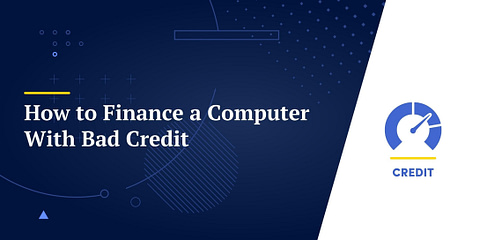
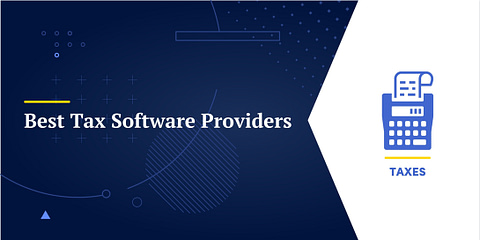

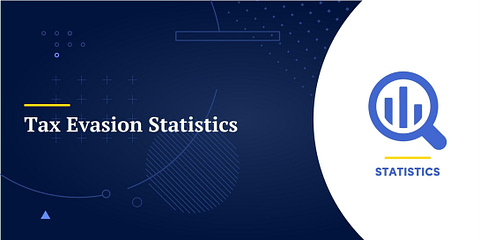

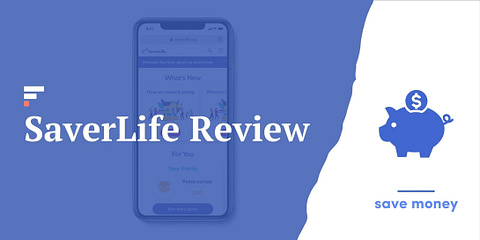





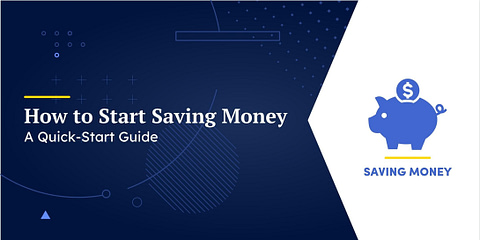
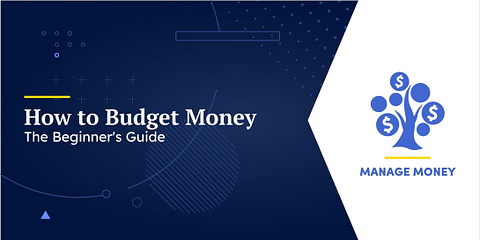
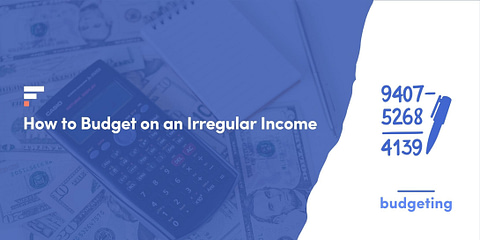
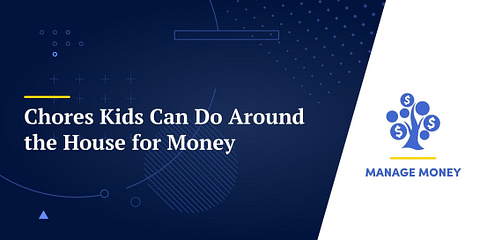







Interesting topic. I’ve always been interested in investing in real estate as well but living in the NYC area, I didn’t think it was possible to do so. It is just too expensive. I’ve considered REITs and have invested some money in them in the past but it just wasn’t the same. It lacks the tax advantages and leverage that directly investing in real estate has. It also has some benefits, like liquidity.
I’m somewhat risk averse but after reading some blogs about out-of-state turnkey investing and doing some research I’ve purchased an out-of-state rental property. I have a property manager manage it so I’m not dealing with most tenant issues. We’ll see how this investment goes. If it goes well, I’m hoping to invest more into it.
Hey, Andrew. I’m glad you found an investment that worked for you. Isn’t it great that we live in a time of so many great investment options? We have to do our homework, of course, but the options are endless! I will mention that most REITs do use leverage in their portfolios, so you can still take advantage of it. Good luck with the property. I hope it goes really well.
I have considered real estate investing in the past but have stayed away. I don’t like having a large portion of my net worth tied up in one asset. I’d also worry as well about the furnace blowing up or the tenants carelessly burning it down. Index funds are much easier to maintain and don’t stress me out. Maybe someday I’ll change my mind, but not now.
I hear you, FF. It definitely takes a certain personality to do well with it. Like you, maybe I’ll get back into it, but right now REITs are for me!